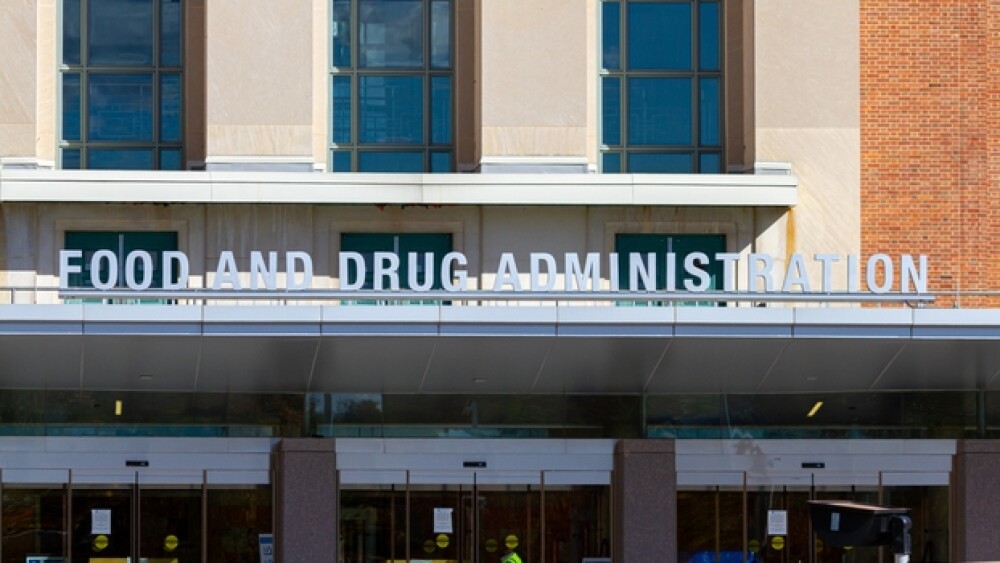The government agency is asking for more information before approving a clinical study on the company’s Chimeric Antigen Receptor-T cell therapy (CAR-T).
grandbrothers/Shutterstock
Less than a month after submitting its Investigational New Drug (IND) application, Anixa Biosciences has run into a snag with the U.S. Food and Drug Administration (FDA). The government agency is asking for more information before approving a clinical study on the company’s Chimeric Antigen Receptor-T cell therapy (CAR-T).
In partnership with the Moffitt Cancer Center (MCC), the CAR-T therapy being developed is currently aimed at ovarian cancer. The therapy is autologous, meaning it uses the patient’s own T-cells.
After the T-Cells are taken from the body, they’re engineered to target the follicle stimulating hormone receptor (FSHR). This makes the candidate a new kind of CAR-T also known as CER-T, Chimeric Endocrine Receptor T-Cell, since it targets a hormone receptor.
This isn’t the first holdup recently by the FDA. In fact, analysts are seeing what’s being considered a crackdown by the agency. Some think the rising number of unexpected rejections and rescinded approvals due to the overwhelming amount of COVID-19 related submissions. Others believe it may be a swing to a more conservative approach as the drug industry has come under increased scrutiny and criticism in recent years.
Anixa and MCC are anticipating a more specifics from the FDA within 30 days of what’s needed to gain approval so MCC can submit the requested data asap and keep the ball rolling.
Dr. Amit Kumar, President and CEO of Anixa Biosciences, stated, “We are eagerly awaiting guidance from the FDA with details about the specific information requested to clear the IND, enabling initiation of clinical trials.”
To date, there have been five CAR-T therapies approved by the FDA, primarily for different types of lymphoma and multiple myeloma. There are currently over 600 open, active clinical trials listed with less than 15 targeting ovarian cancer.
The most recent approval was won by Bristol Myers Squibb and bluebird bio just last month for its CAR-T multiple myeloma treatment. Ide-cel, marketed under Abecma, is BMS’ second approved CAR-T treatment. A year prior, the road was rocky for the drug with the FDA issuing a Refusal to File letter for the drug, requiring additional data. BMS’ other CAR-T therapy, Breyanzi was approved in February for adults with relapsed or refractory large B-Cell lymphoma after two or more lines of systemic therapy.
These one-time personalized immune therapies are hoping to replace chemo and radiation for cancer patients. Instead of enduring months of chemotherapy treatments, patients go in for a one or two-week stay at the hospital after one infusion of their own, re-engineered T Cells, armed to fight their specific cancer.
In an interview with MD Anderson, Dr. Sattva Neelapu said of the approved CAR-T therapies at the time, “This is a major breakthrough... And it’s offering hope to people who’d previously been given only about six months to live. The future looks much brighter now, as we identify mechanisms of resistance and develop more strategies to counteract them.”






